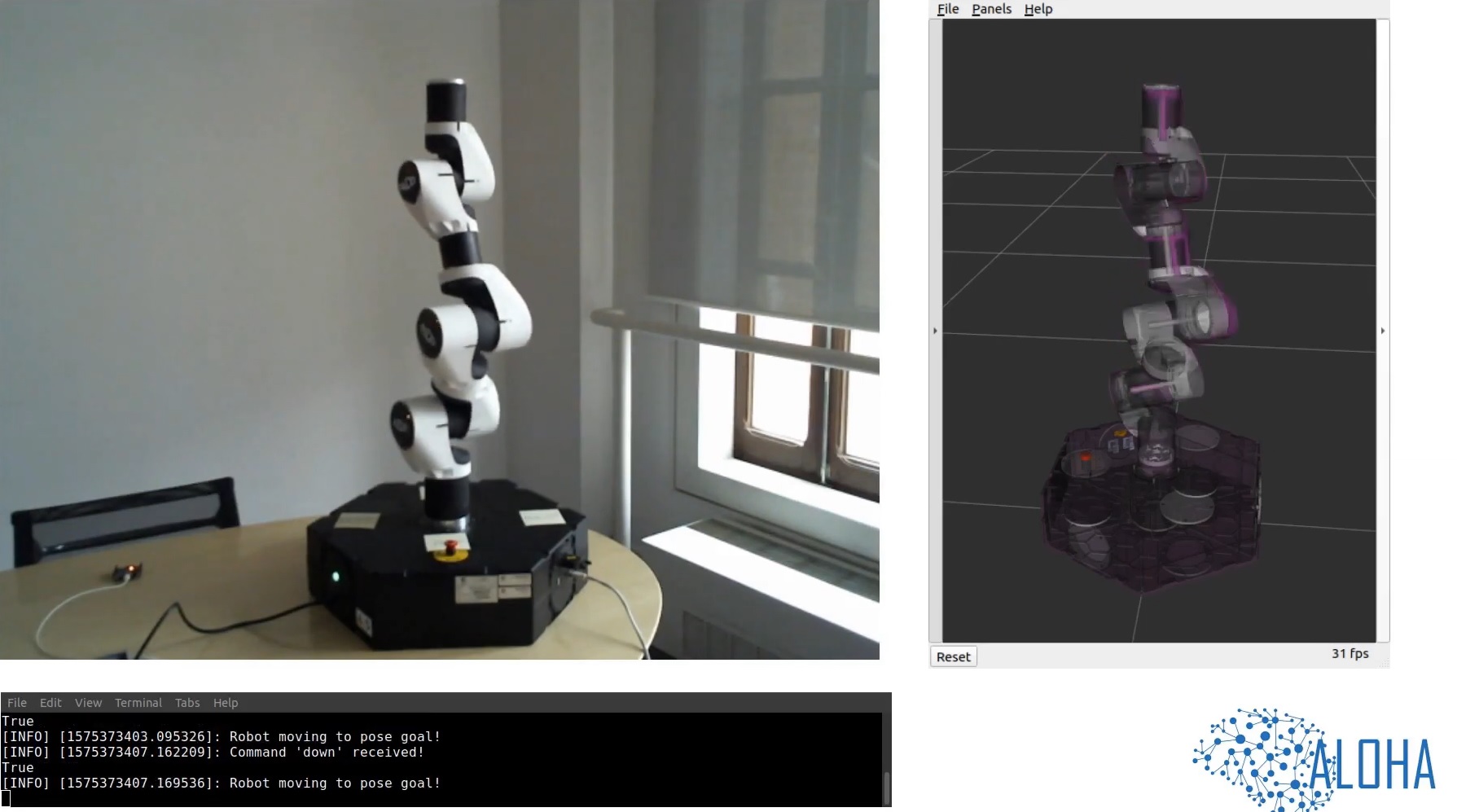UPF research shines in Europe: excellent results in the Horizon 2020 programme
UPF research shines in Europe: excellent results in the Horizon 2020 programme
Now the EU’s Horizon 2020 programme has come to an end, the University has obtained a total of 85.6 million euros of funding spread across 176 projects, that is to say, an increase of 16 and 24%, respectively compared to the previous FP7 programme. UPF, which has stood out for excellent science, has achieved a success rate (applications over projects obtained) of 18%, rather higher than the mean for Catalonia, Spain and Europe.
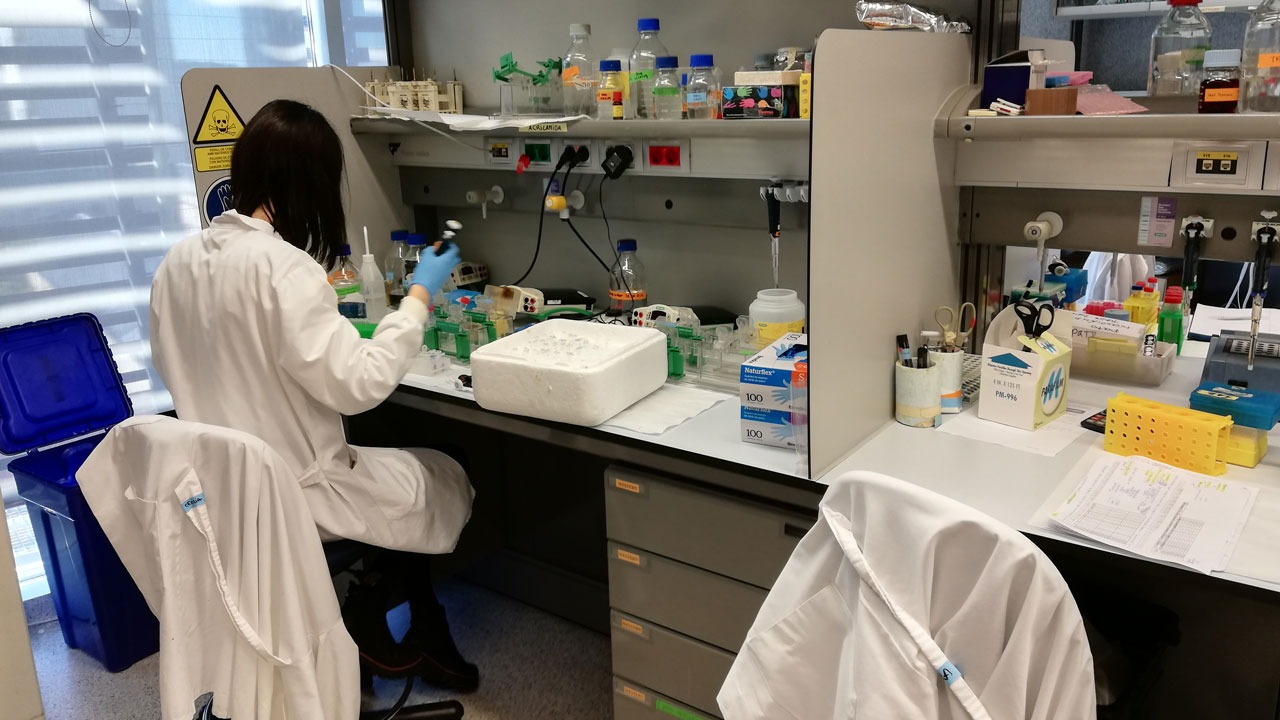
The results of Pompeu Fabra University within Horizon 2020, the European Union’s research and innovation framework programme between 2014 and 2020, are most positive. After evaluating the various projects, UPF has become a consolidated institution of reference in the programme, especially in the field of excellent science, and EU funds continue to be the University’s main source of research funding.
The Horizon 2020 programme, endowed with a total budget of 76,880 million euros for all EU member states, integrated all phases of research and innovation, from knowledge generation to activities nearer the market. It was structured around three major pillars: Excellent Science (pillar I), Industrial Leadership (pillar II), and Societal Challenges (pillar III), in addition to a section of cross-disciplinary projects.
UPF’s results in Horizon 2020 make it the fourth institution for harnessing funds from the European Union in Catalonia and seventh in Spain
In global figures (data from July 2021), UPF has obtained 85.6 million euros and 176 funded projects, representing, respectively, an increase of 16 and 24% compared to the previous framework programme, FP7 (2007-2013), which marked the start of UPF’s transition towards a research-intensive university. UPF’s results in Horizon 2020 make it the fourth institution for harnessing funds from the European Union in Catalonia and seventh in Spain.
Enric Vallduví, vice-rector for Research at the University, states that “the results achieved are very good and, more so if we take the size of the institutions into account: UPF is rather small compared to the others, and that makes the results, in relative terms, even more praiseworthy”.
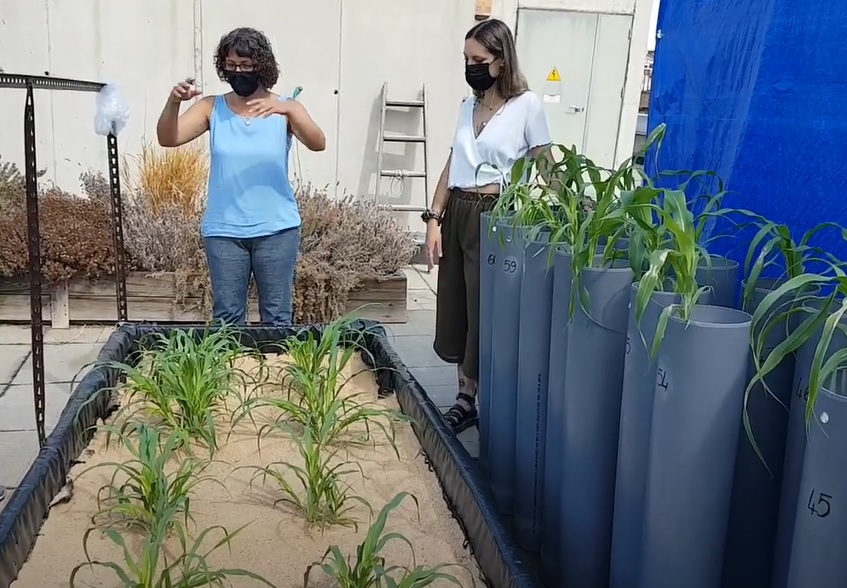
Success rate and weight of European funding of UPF compared to the university system
The 176 University projects to have received funding (99 in consortia, 17 of which as coordinator, and the remaining 77 individually) have arisen from a total of 977 applications submitted, that is a success rate of 18.01%, quite a bit higher than the mean for the European Union (11.97%), Spain (12.86%) and Catalonia (13.70%).
Enric Vallduví: “Every application generated represents an important investment of time and effort and so a higher-than-average success rate involves a saving for all who participate”
Vice-rector Vallduví stresses the importance of this figure, and what it means in terms of efficiency for the institution: “Every application generated represents an important investment of time and effort and so a higher-than-average success rate involves a saving for all who participate”.
If we focus on the funding obtained by UPF in relation to the university system, the figures are also most positive. State-wide, Pompeu Fabra has achieved 6.5% of all of the funding from European funds (while UPF teaching staff accounts for close to 1% of the entire Spanish university system). In Catalonia, the percentage of funding obtained by UPF over the university system as a whole reaches 21.43%.
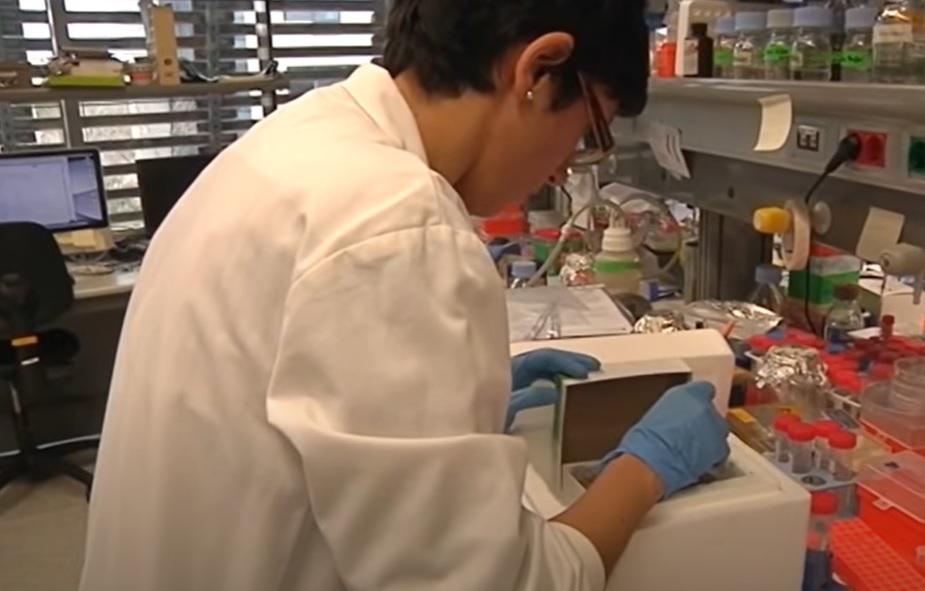
Increase in the number of projects over time and the importance of the Research Service
Over the seven years of the Horizon 2020 framework programme (2014-2020), the number of projects obtained increased as a result of the University’s increased quality and competitiveness. Thus, in the early years of the programme, the number of projects was close to 20 per year, whereas in recent years, this figure was closer to 30.
Eva Martín: “We advise and assist teaching and research staff to identify the most suitable instruments and announcements for the type of project and we provide support when preparing the application”
The University’s Research Service is a key player in this job well done. Eva Martín, head of the Service, explains that they “advise and assist teaching and research staff to identify the most suitable instruments and announcements for the type of project and provide support when preparing the application”. Moreover, the Service organizes activities to approach funding opportunities and reflect on the various initiatives.
UPF stands out in Excellent Science, and is working to improve in the other areas
Of the 176 projects and 85.6 million euros of funding obtained by the University, 115 projects (65% of the total) and 62 million euros (71% of the total) come under the umbrella of pillar I (Excellent Science). Meanwhile, pillar II (Industrial Leadership) accounts for 10% of the projects and 9% of the funding obtained, and as for pillar III (Societal Challenges), the figures are 16% and 15%, respectively.
Pillar I (Excellent Science) includes the programmes of the European Research Council, ERC (33 projects obtained by UPF, to the amount of 41.7 million euros) and Marie Sklodowska Curie Actions, MSCA (64 projects, with 13.8 million euros harnessed). This is completed by the Future & Emerging Technologies (FET) and Research Infrastructures (RI) programmes, within which UPF has achieved nine projects in each category and joint funding of some 6.4 million euros.
Under pillar II (Industrial Leadership), which includes grants for leadership in enabling & industrial technologies (LEIT), access to risk and innovation funding for SMEs, the University has achieved a total of 18 projects, that translate into almost 8 million euros of funding.
With regard to pillar III (Societal Challenges), which, among others encompasses such areas as health and demographic change; food security and sustainable agriculture, secure, clean, efficient energy, smart, green, integrated transport, climate change and inclusive societies, the number of projects for UPF is 28, with just over 13 million euros of funding.
Enric Vallduví: “We must always try to improve, and there’s some way to go in pillars II and III”
Finally, there is a series of cross-disciplinary projects (such as Science with and for Society, ERA-NET, EURATOM or Joint Technology Initiatives - Innovative Medicines Initiative), that represent other funding opportunities, within which the University has carried out 15 projects (8.5% of the total), with 4.5 million euros of funding harnessed.
Enric Vallduví highlights that “despite UPF being recognized for its success in pillar I, which is most satisfying, due to the quality, uniqueness and visibility of the programmes included, we should always strive to improve, and for pillars II and III there is some way to go”. In this regard, “UPF has been working for some time to foster innovation and knowledge transfer, and this has intensified recently with the creation of the office of the vice-rector for Knowledge Transfer”.

Attracting funds and the number of projects have diversified across the various departments
With regard to the previous framework programme, FP7, UPF’s results under Horizon 2020 indicate that participation in funding and the number of projects of the different departments have diversified. The departments of Information and Communication Technologies (DTIC) and Experimental and Health Sciences (DCEXS) (now the Department of Medicine and Life Sciences, MELIS) continue to stand out both in respect of the number of projects and the amount of funding harnessed. Both have increased the number of projects, 70 (DTIC) and 36 (DCEXS), funded with 32 and 19 million euros, respectively.
The DTIC and the DCEXS continue to stand out, both in respect of the number of projects and the amount of funding harnessed
However, the evolution and contribution by the other departments of the University has been remarkable: for example, the Department of Humanities has trebled the number of projects (from 6 to 20) and has doubled the funding (from 3 to 6 million euros), while the Department of Economics and Business has gone from 17 to 19 projects, with an increase in funding which has reached 15 million euros. Also noteworthy are the increase in the number of projects by the departments of Political and Social Sciences (from 12 to 15 projects) and of Law (from 2 to 6) and the increases in funds harnessed by the departments of Translation and Language Sciences (from 2 to 5 million euros) and of Communication (from 1 to 3).
The challenge facing Pompeu Fabra University, in view of the EU’s new research and innovation programme, Horizon Europe (2021-2027), which is already underway, is to continue to hold this leading position, although vice-rector Enric Vallduví does not try to hide the difficulties and the hard work involved. “Behind each euro harnessed is a lot more work now than some years ago”, he assures, hence, “decided action will be needed both with regard to attracting and keeping talent and strengthening support structures for research and transfer”, he concludes.
Sample of projects of the University’s eight departments
Below we present eight projects that have obtained funding, one per department, spread across the different pillars, programmes and categories of the Horizon 2020 programme.
RAINDROPS
Project title and acronym: “Resilience and Adaptation in Drylands. Identifying past water management practices for drought-resistant crops” (RAINDROPS)
Principal Investigator: Carla Lancelotti, ICREA research professor with the Department of Humanities, member of the Culture and Socio-Ecological Dynamics (CaSEs) research group.
Type of grant under Horizon 2020: Pillar I (Excellent Science), European Research Council (ERC) Starting Grant.
Category, amount and start and end dates: individual, 1,488,506 euros, from 01/01/2018 to 31/12/2023.
Summary
In the early 1990s, desertification was acknowledged by the United Nations as one of the major challenges facing sustainable development. Today, arid land covers over 40% of the earth’s surface and plays host to approximately 2,300 million people.
RAINDROPS aims to offer a long-term perspective on adaptation, human resilience and the establishment of crop systems that are resistant to arid land. To do so, it investigates farming practices, current and past, in countries like Sudan, Ethiopia and Pakistan, but also with experiments in India and at the University itself. “We are developing a reliable, innovative method to identify water management practices for crops that adapt well to arid land, such as millet and sorghum based on archaeobotanical remains to understand how societies in the past adapted to living in these environments”, Carla Lancelotti explains.
SIGN-HUB
Project title and acronym: The Sign Hub: preserving, researching and fostering the linguistic, historical and cultural heritage of European Deaf signing communities with an integral resource” (SIGN-HUB).
Principal Investigator: Josep Quer Villanueva, ICREA research professor with the Department of Translation and Language Sciences, coordinator of the Formal Linguistics research group (GLIF).
Type of grant under Horizon 2020: Pillar III (Societal Challenges), Research and Innovation Actions within the Social Sciences and Humanities (SSH).
Category, amount and start and end dates: UPF as coordinator, 400,955 euros, from 01/04/2016 to 30/04/2020 (finished).
Summary
The aim of SIGN-HUB is to provide an initial integral response to the social and scientific challenge resulting from the generalized abandonment of the cultural and linguistic identity of deaf signing communities in Europe. It has created an innovative and inclusive digital platform for the linguistic, historical and cultural documentation of the deaf communities’ heritage and for sign language assessment in clinical intervention and school settings.
The project has helped disseminate and reuse these new resources in broader contexts, as a part of European identity. “With SIGN-HUB we wanted to take a key step to rescue, showcase and promote a broadly unknown part of our common heritage, and encourage participation by deaf people in the spheres of public life on equal terms with hearing citizens”, Josep Quer asserts.
JUSMOVE
Project title and acronym: “On Just Movement” (JUSMOVE)
Principal Investigator: Georgiana Turculet, a Marie Curie researcher at the Department of Law, supervised by Serena Orsaretti (UPF) and in collaboration with the University of West Timisoara (WUT), with Silvia Fierascu as co-supervisor.
Type of grant under Horizon 2020: Pillar I (Excellent Science), grant under the Marie Sklodovska Curie (MSC) Actions.
Category, amount and start and end dates: individual, 241,399 euros, from 07/05/2021 to 06/05/2024
Summary
JUSMOVE is a pioneering project on human movement that proposes a paradigmatic conceptual spin on almost thirty years of contemporary philosophical debate concerning migrations and state borders. These issues have become even more relevant lately due to the covid-19 pandemic restrictions on border transit and other kinds of human movements, like today with the Ukraine conflict, but they are lacking scientific, ethical and philosophical investigations.
To solve this shortcoming, JUSMOVE aims to establish a just philosophical theory of movement, based on a conceptual framework that seeks to contribute information for a positive change in policy-making. “We aim to provide academic debate with a new theory, a methodology, strict ethics and a philosophy combined with advances in mass data, to overcome the dichotomy of open borders vs. closed borders, present in political and social debates”, asserts Georgiana Turculet, who some years ago covered the refugee crisis in Syria.
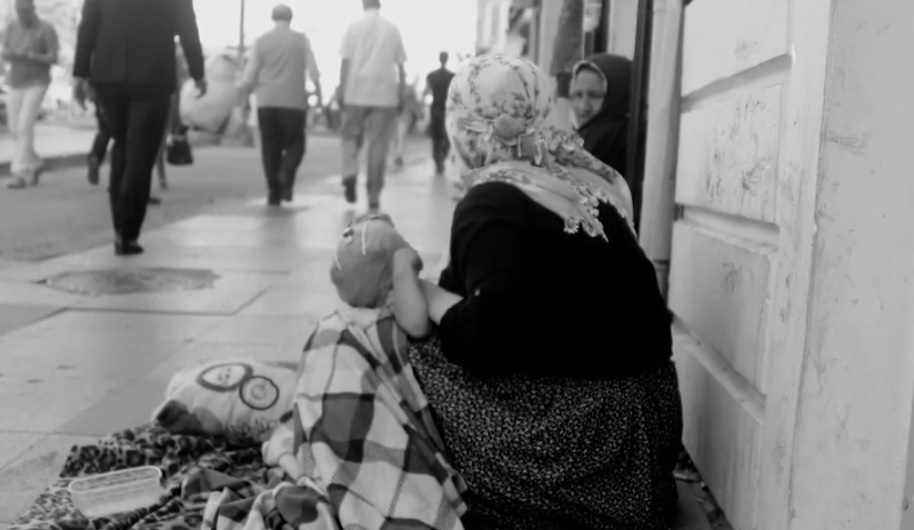
MARKET POWER
Project title and acronym: “Market Power and Secular Macroeconomic Trends” (MARKET POWER).
Principal Investigator: Jan Eeckhout, ICREA research professor with the Department of Economics and Business, also linked to the Research Centre for International Economics (CREI-UPF) and to the Barcelona School of Economics (BSE).
Type of grant under Horizon 2020: Pillar I (Excellent Science), European Research Council (ERC) Advanced Grant.
Category, amount and start and end dates: individual, 1,439,000 euros, from 01/06/2020 to 31/05/2025.
Summary
In the last four decades, there have been several (long-term) secular trends in the world’s advanced economies: wage inequality has increased significantly, the dynamism of the job market and new startups have declined, the share of employment in total production has fallen, and low-skilled wages have stagnated. There has also been a reallocation of the production of small and large companies and a strong increase in market power.
The aim of MARKET POWER is to find economic mechanisms that help to understand this fundamental transformation and its implications for efficiency and wellbeing. “In the project I analyse how all these trends are intertwined. Specifically, I examine whether the increase in market power has caused these profound macroeconomic changes”, Jan Eeckhout affirms.
STEM-AGING
Project title and acronym: “Tissue regeneration and aging: the decisive quiescent stem-cell state” (STEM-AGING).
Principal Investigator: Pura Muñoz-Cánoves, full professor of Cell Biology and ICREA researcher at the Department of Medicine and Life Sciences, coordinator of the Cell Biology Research Group
Type of grant under Horizon 2020: Pillar I (Excellent Science), European Research Council (ERC) Advanced Grant.
Category, amount and start and end dates: individual, 2,499,949 euros, from 01/11/2017 to 31/10/2022.
Summary
The basic mechanisms of stem cell malfunctioning during ageing are little known, although they are the basis for the regenerative decline suffered by most organs and tissues as we age. The project led by Pura Muñoz-Cánoves studies tissue regeneration and ageing, which converge in the key role of quiescent state, the preferred state of stem cells in low rotation tissues, like skeletal muscle.
STEM AGING explores the connections between the decline of muscle regeneration, ageing and stem cells’ loss of quiescence and the acquisition of senescence. It also analyses whether changes in the heterogeneity of stem cells and circadian regulation contribute to the loss of regenerative capacity. “Our developments will help to find strategies to combat, or at least slow down, ageing, especially at geriatric age, so that this ageing is healthier”, Pura Muñoz-Cánoves states.
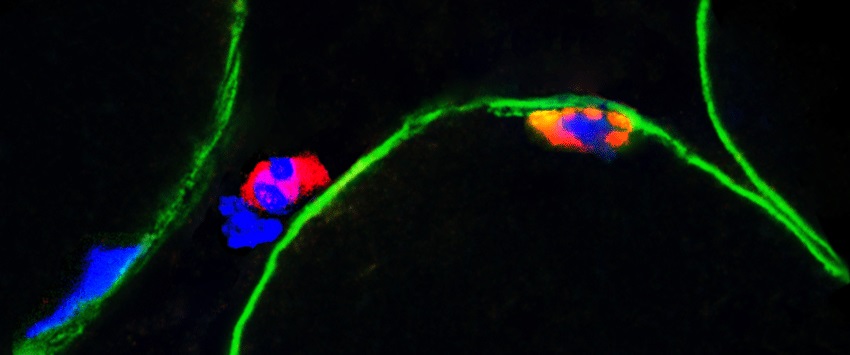
TRANSGANG
Project title and acronym: “Transnational Gangs as Agents of Mediation: Experiences of Conflict Resolution in Street Youth Organizations in Southern Europe, North Africa and the Americas” (TRANSGANG).
Principal Investigator: Carles Feixa Pàmpols, full professor of Social Anthropology with the Department of Communication, member of the Youth, Society and Communication research group (JOVIS.com).
Type of grant under Horizon 2020: Pillar I (Excellent Science), European Research Council (ERC) Advanced Grant.
Category, amount and start and end dates: individual, 2,343,249 euros, from 01/01/2018 to 30/06/2023
Summary
TRANSGANG is based on the study of transnational gangs as agents of mediation, understood as the series of techniques and procedures for resolving conflicts within the group, between groups, or between groups and the social environment. It aims to debunk the persistent idea that street youth groups (so-called ‘gangs’) are ‘problematic’, and research studies and policies based on the premise that the solution lies in the suppression of the group.
“Our standpoint is based on studies conducted for more than a century that demonstrate that gangs do not disappear, rather they transform to continue responding to unmet needs. Therefore, we understand that the way forward means involving gang members themselves in the search for alternatives to violence, based on a harm reduction policy and the promotion of mediation experiences”, Carles Feixa asserts.
In this regard, TRANSGANG enjoys the collaboration of youths who have belonged or belong to young street groups, in the twelve cities in the three regions where the research is being carried out: southern Europe (Barcelona, Madrid, Marseille and Milan), north Africa (Rabat, Tunis, Algiers, Djendel) and the Americas (Medellín, San Salvador, Santiago de Cuba and Chicago).
WEB DATA OPP
Project title and acronym: “New opportunities to enhance or extend (mobile) websurvey data and get better insights” (WEB DATA OPP).
Principal Investigator: Melanie Revilla, professor with the Department of Political and Social Sciences, deputy director of the Research and Expertise Centre for Survey Methodology (RECSM).
Type of grant under Horizon 2020: Pillar I (Excellent Science), European Research Council (ERC) Starting Grant.
Category, amount and start and end dates: individual, 1,497,625 euros, from 01/02/2020 to 31/01/2025.
Summary
All public institutions, governments and enterprises, make decisions based on information about society. Often, such information is collected through surveys. As people spend more and more time connected online, new tools that are better adapted than traditional surveys are needed to investigate what people are doing in these circumstances.
Web Data Opp takes advantage of this growing presence of mobile devices and omnipresent connectivity to gain a more precise, more complete vision of reality. It focuses on four new measurement opportunities: voice input, visual data, digital behaviour data collected using a tracker, and real time surveys. “The use of these new measuring opportunities will reduce the effort by respondents, improve data quality, extend measurement to new domains, and help key stakeholders in society to take decisions”, Melanie Revilla assures.

ALOHA
Project title and acronym: “Software framework for runtime-Adaptive and secure deep Learning On Heterogeneous Architectures” (ALOHA).
Principal Investigator: Carlos Castillo Ocaranza, ICREA research professor at the Department of Information and Communication technologies, director of the Research Group on Web Science and Social Computing (WSSC).
Type of grant under Horizon 2020: Pillar II (Industrial Leadership), Leadership in enabling & industrial technologies, Information and communication Technologies area (LEIT-ICT).
Category, amount and start and end dates: UPF as a partner, 246,313 euros, from 29/05/2019 to 30/06/2021 (project finished)
Summary
Deep Learning (DL) algorithms are an extremely promising instrument in artificial intelligence. To foster their adoption in new applications and markets, a step forward is needed towards the implementation of DL inference on low-power embedded systems, enabling a shift to the edge computing paradigm.
“The main goal of ALOHA has been to facilitate the implementation of DL algorithms on heterogeneous low-energy computing platforms providing automation for optimal algorithm selection, resource allocation and deployment”, Carlos Castillo explains. ALOHA, which has facilitated the direct implementation of the code, taking into account specific architectures, energy consumption and other characteristics, has been tested successfully in various industries, and has an open software repository.
